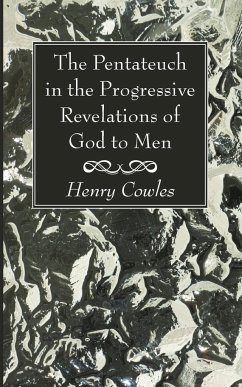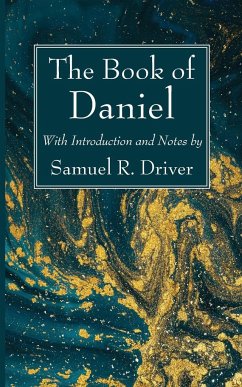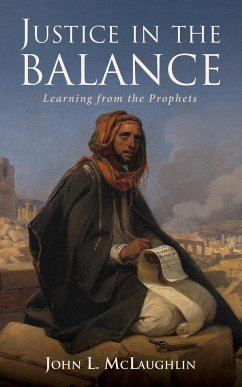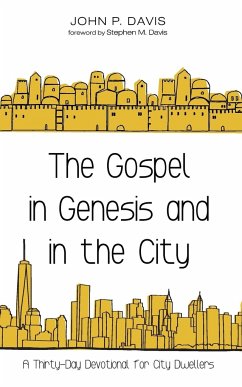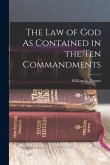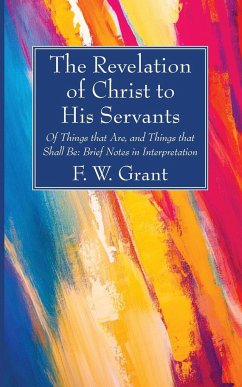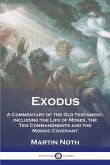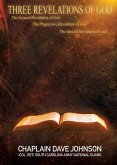My reasons for treating the Pentateuch topically rather than textually will be obvious. Criticism on the original text is rarely needed. There is seldom the least occasion to aid the reader in following the line of thought or the course of argument. The demand here is rather for the discussion and due presentation of the great themes of the book. My plan has therefore aimed to meet this demand, discussing these themes critically so far as seemed necessary either because of their intrinsic nature or because of popular objections or misconceptions; and always practically so far forth as to show the important moral bearings of these themes as revelations of God to man. It has been, however, my purpose to explain all the difficult, doubtful, or controversial passages. ... from the Preface.

